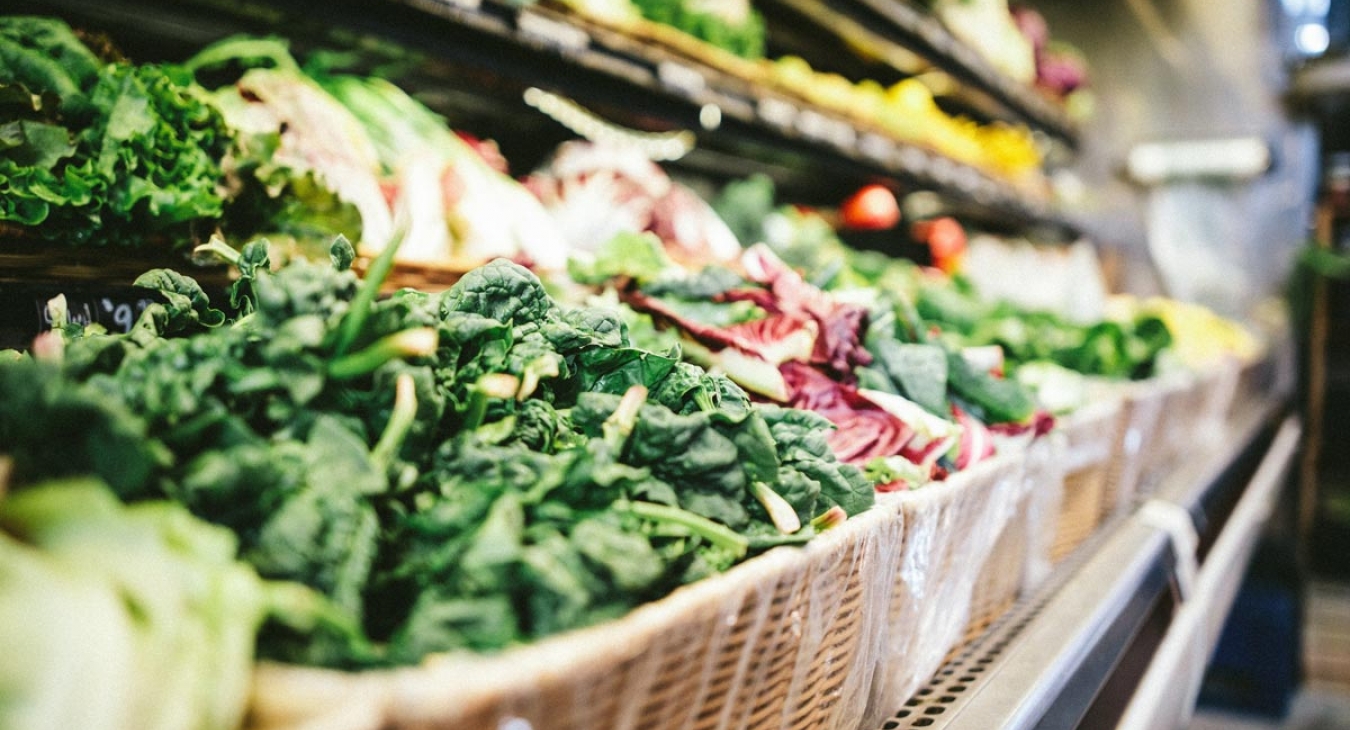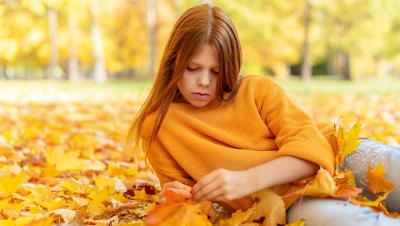As the future leaders of the world, our children are going to play an essential role in preserving our planet. Because of this, it's crucial for us to teach them healthy habits, including eating seasonal and organic foods.
Here are five ways you can teach your kids about the importance of eating seasonally.
1. Involve them in Meal Planning
When you sit down to plan out your breakfasts, lunches, and dinners for the coming week, invite your kids to join. You could even ask them for some ideas based on the foods they saw the last time you went to the farmer's market. Did an ingredient they've never tried before peak their interest? Or, did they notice an excess of a particular food item that would be eco-friendlier for the family to consume? What would they like for snacks?
After you've made your plan for the week, you can then explain to your kids how meal-planning in itself is better for the environment. You will know exactly how much of each ingredient you need ahead of time, so you won't waste as much food — or, ideally, any at all.
2. Visit Farmer's Markets
Most kids learn best by doing, which is why bringing them along with you to the farmer's market is an excellent way to teach them which foods are in season and when. Since many farmer's markets are entirely organic too, your kids will realize these types of food aren't necessarily expensive or rare.
They'll love looking at what all the stands have to offer, and you can point out that fruits like blackberries and apples are more affordable and prevalent in the autumn, whereas strawberries, raspberries, and blueberries are in season during the summer months.
3. Grow Your Own Food
Nothing is quite as environmentally friendly as growing your own food. Plus, kids love the feeling of accomplishment that comes from watching the fruits and veggies they planted grow right in their backyard. Have your children help you choose what to plant each season, encouraging them to think about what will grow the best based on the weather.
If you live in the northern half of the country, you may be wondering what you can grow during the winter months. Even if the ground is freezing cold, you can still plant mushrooms and parsnips to go along with the other produce you buy at the farmer's market.
4. Take a Field Trip to a Local Farm
If you live close to a farm, taking your kids on a trip to see it is an excellent way to show them where their food really comes from. You might even find a farmer willing to show you around and answer any questions your children may have.
You should also point out to your kids that it's important to purchase food from local farms because then it doesn't have to travel as far to get to your dinner table. Therefore, it's so important to eat seasonally based on the region you live in as well, because the food does not have to travel from other areas to get to your town. When we don't have to transport food from place to place, we save fossil fuels and produce less pollution.
5. Introduce Unique Storage Methods
Luckily, eating seasonally doesn't mean you can't still enjoy certain items even when they aren't currently in season. Unique storage methods like canning and freezing are excellent options for any leftover produce you have. It's also a great, eco-friendly way to enjoy fruits like strawberries and peaches during the winter.
Treat canning and freezing as a fun activity the entire family can do together. Have everyone pick some of their favorite fruits and veggies from the current season, then take a day to can them all. You'll love having the flexibility of preserved produce when you want to throw in something that might not be in season at the time.
Make the Lesson Fun
However, you decide to teach your kids about the importance of consuming in-season, organic produce, be sure to make it fun in any way you can. Offer rewards when your children contribute ideas for ingredients or what to plant next in your home garden. And remember — kids learn best by doing, so involve them in your meal prep, shopping and cooking as much as possible.







